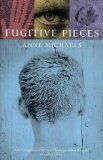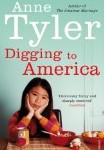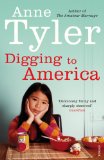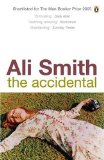The Bone People won the Booker Prize in 1985. It is set on the South Island of New Zealand, and centres around three characters. The first, Kerewin, is a painter, who having won the lottery builds herself a tower by the sea and lives as a virtual recluse. One day, Simon, a young, mute boy turns up at her tower and they begin a strange friendship. Simon’s foster father, Joe, is then drawn towards Kerewin and the three characters begin to discover secrets lurking in each of their pasts.
The book deals with many difficult issues, but domestic violence is the most dominant. Joe beats his foster son, and the delicate line between punishment and cruelty if seen to be very hazy at times. The characters are all really well developed, deeply flawed and incredibly interesting!
The book is very well written, and the writing is almost poetic at times, but at other times it was a ‘stream of conciousness’ and, particularly in the beginning, was very confusing. I fluctuated between loving it, and being irritated by it!
The book was filled with Maori myths and symbolism, some of which went over my head. I think that this book is one which needs to be read several times, in order to appreicate it’s many layers. In many ways it is very similar to Beloved – difficult to understand at first, complex, moving and full of symbolism.
I’m not sure I’d ever recommend this book to anyone, but I’m glad that I read it.
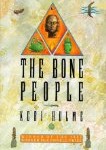
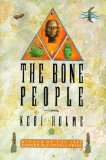
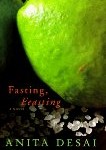
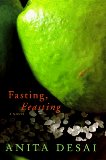


 after realising this is one of my all-time favourite books.
after realising this is one of my all-time favourite books.
